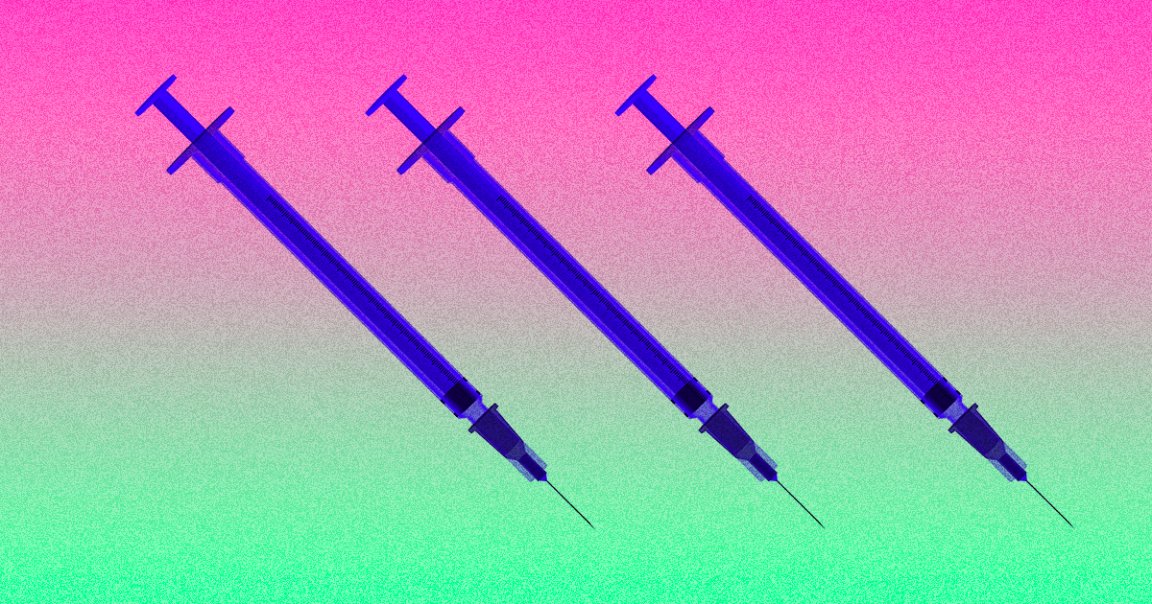
Getting both shots of the Pfizer vaccine may not be enough to permanently protect you against the coronavirus.
Pfizer CEO Albert Bourla told CNBC yesterday that we may eventually need a third injection of the vaccine to serve as a booster when its protective benefits start to wane, or if the company reworks its formula to better protect against new variants of the coronavirus.
“A likely scenario is that there will be likely a need for a third dose, somewhere between six and 12 months and then from there, there will be an annual revaccination,” Bourla told CNBC, “but all of that needs to be confirmed. And again, the variants will play a key role.”
After all the challenges people faced trying to get the first two shots for themselves or their family members, the prospect of rolling out even more shots is logistically ominous. But vaccine boosters are a common concept, and because the COVID-19 vaccines are so new and were developed with such an urgency, it’s impossible for anyone to know how long they last simply because not enough time has passed yet.
Add that to the possibility of new variants of the virus, and it’s reasonable to expect booster shots to become necessary.
“We don’t know everything at this moment,” Biden’s COVID response chief scientific officer David Kessler told a Congress subcommittee on Thursday, according to CNBC. “We are studying the durability of the antibody response. It seems strong but there is some waning of that and no doubt the variants challenge … they make these vaccines work harder. So I think for planning purposes, planning purposes only, I think we should expect that we may have to boost.”